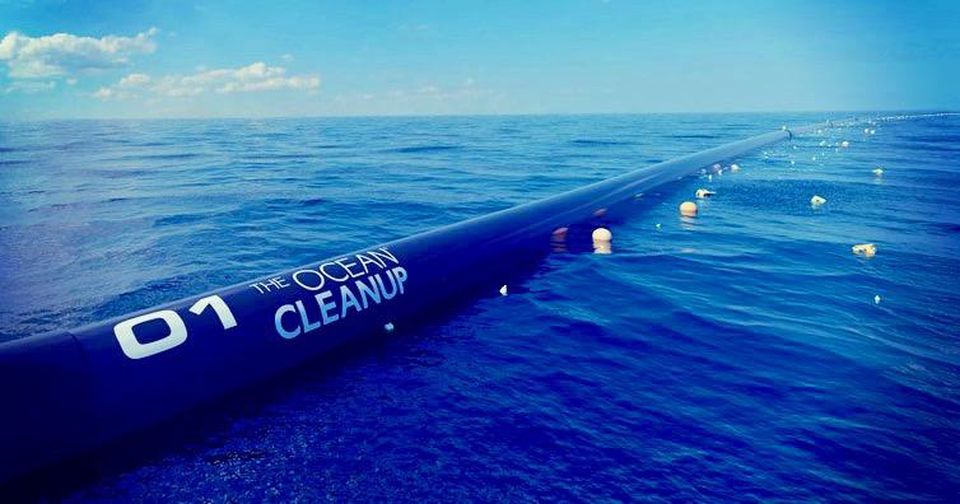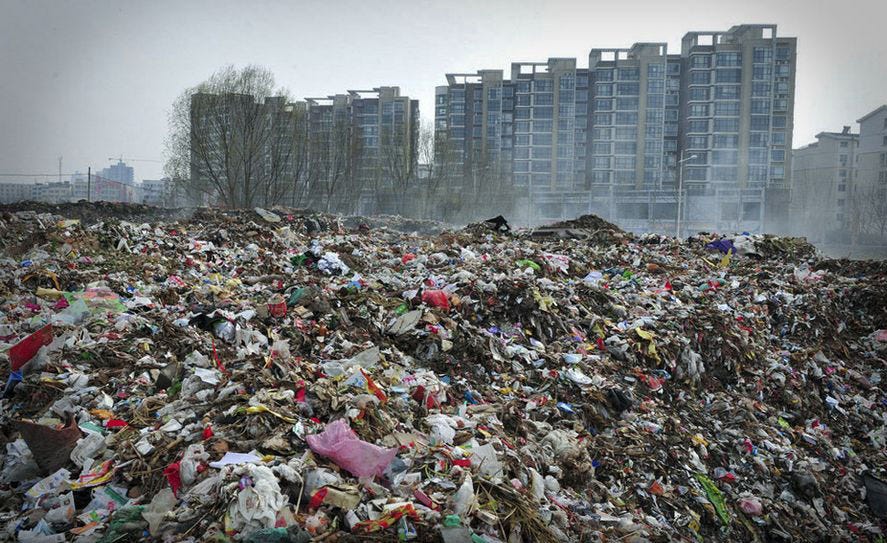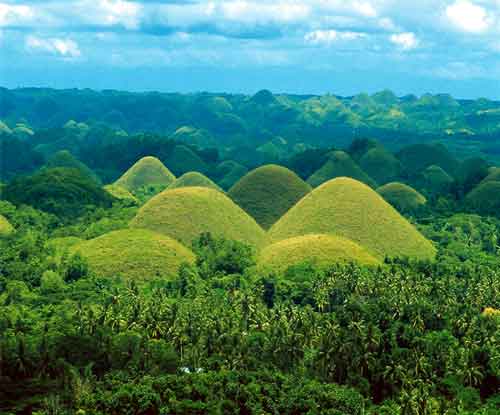If you’re planning your next vacation, but
also want to give the environment a break, why not try a luxurious yet
eco-friendly holiday? For those travellers who like the finer things in life,
rest assured knowing that you’ll still be staying in some of the most luxurious
facilities around the globe, while reducing your carbon emissions and
environmental footprint. To get you started, be sure to check out these amazing
eco-friendly accommodation options.
Gorilla Safari & the Masai
Mara, Uganda
If you’re looking for something that’s just
a little bit different during your next holiday, why not take the adventure of
a lifetime through breathtaking Africa. The Gorilla Safari and the Masai Mara
Tour sees travellers experiencing various camp accommodation sites across
Africa. The eco-friendly tour company which runs this amazing adventure prides
themselves on giving back to nature in every way they can. Starting from the
very beginning, their offices in the UK have implemented conservation and
recycling programs to greatly reduce the waste produced, as well as their
overall impact on the environment.
Once the tour begins, guests will be
greeted by local leaders and dine on food from local suppliers, which helps to
keep a valuable source of income where it is needed – in Rwanda. Spending your
journey camping, you can rest at night knowing that you’re taking a step in
reducing the energy consumption of travellers.
Rainforest Resort Byron Bay,
Australia
Located in the lush surrounds of tranquil
Byron Bay, on Australia’s magnificent east coast, travellers would expect
nothing more than eco-friendly accommodation at its finest. While
environmentally conscious guests will enjoy the eco-friendly advancements of
this hotel, they can still enjoy the finer things in life. The secluded one and
two bedroom cottages are equipped with reverse cycle air-conditioners, with
eco-inverters, perfect for keeping cool or staying warm, while still reducing
your footprint. A qualified remedial massage and healing therapist is also
available at the resort, perfect for eliminating any nasty toxins to assist in
rejuvenating your body.
For international travellers, the easiest
way to access the rainforest landscape of Byron Bay is by car. If you are
hiring a car from the airport, be sure to check out Australian
holiday packages options, in order to find
the best combo deals for flights, accommodation and car hire.
Dyfi Forest Tipi &Yyurt
accommodation, Wales
So, you’ve stayed in cottages and
eco-friendly resorts, but you still want to get that one step closer to nature?
Well, this if the green travelling adventure for you. Dining on organic fare
and indulging in holistic therapies, travellers will spend their evenings in
countryside tipis, amongst a large organic farm in the Dyfi Forest. This carbon
neutral accommodation option has been voted as one of the best eco-friendly
destinations in the world.
Whether you’re searching for the adventure
of a lifetime or a relaxing retreat, you can do it all by travelling green. Say
goodbye to carbon emissions and unnecessary energy usage, as you take a
positive step for travelling for the future.











